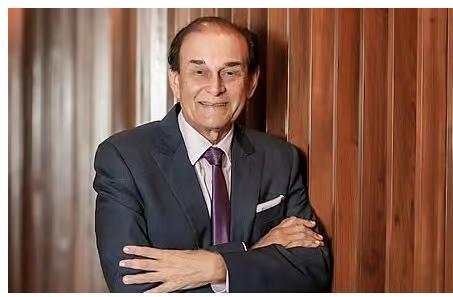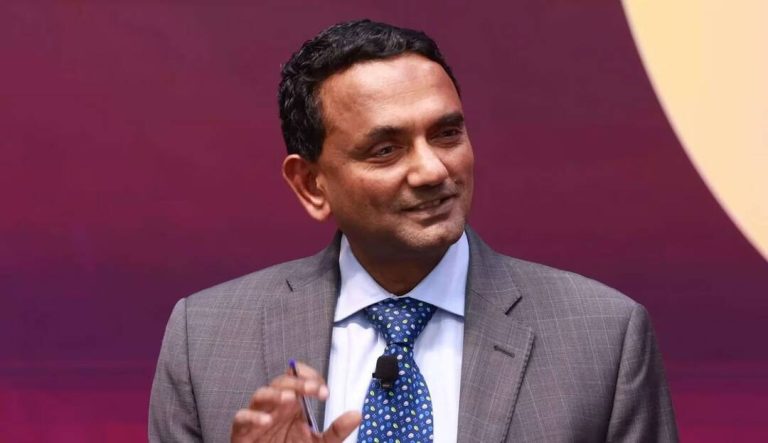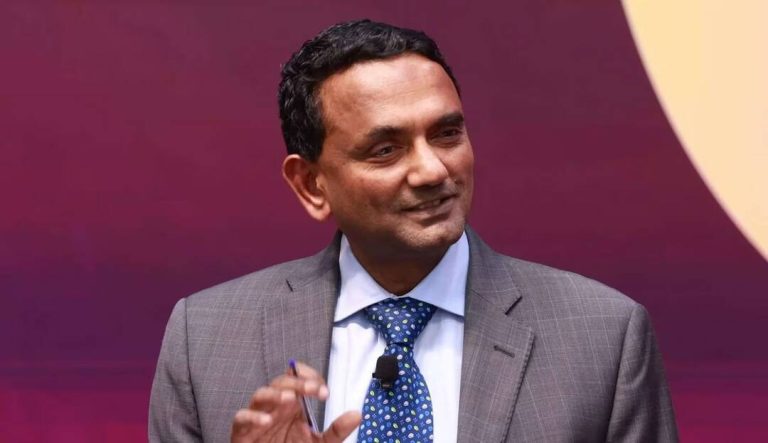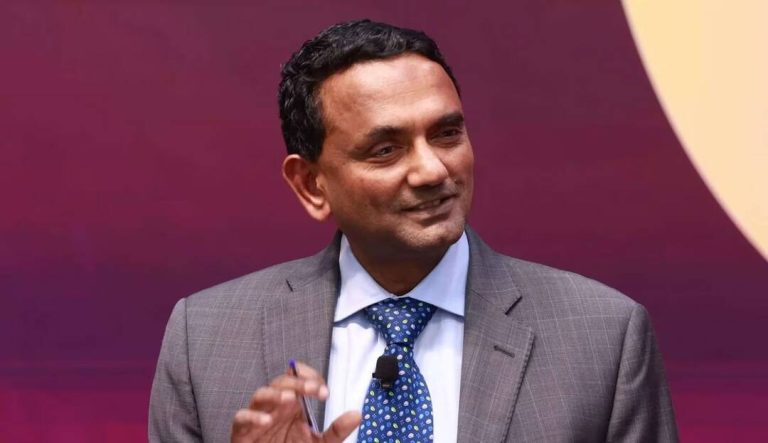
I rarely stayed in office beyond six: Marico head on work culture
The debate over work-life balance in India has been gaining momentum, with various industry leaders weighing in on the issue. Recently, Marico Chairman Harsh Mariwala shared his thoughts on the matter, stating that even as he was building his company, he rarely stayed in office beyond 6 pm. Mariwala emphasized that the evenings were always reserved for himself, highlighting the importance of maintaining a healthy balance between work and personal life.
Mariwala’s comments come at a time when the concept of work-life balance is being reevaluated in the Indian context. Many professionals in the country are often expected to put in long hours at the office, with some companies encouraging a culture of overwork. However, Mariwala’s approach suggests that this may not be the most effective way to achieve success. “Many assume that longer hours lead to greater output…what matters most is efficiency,” he said, emphasizing that productivity and efficiency are more important than the number of hours spent at work.
This perspective is particularly relevant in today’s fast-paced business environment, where employees are often expected to be constantly available and responsive. With the advent of technology, the boundaries between work and personal life have become increasingly blurred, making it challenging for individuals to disconnect from their professional responsibilities. However, Mariwala’s comments suggest that this does not have to be the case. By prioritizing efficiency and productivity, individuals can achieve their goals without sacrificing their personal time.
Mariwala’s approach to work-life balance is also reflected in Marico’s company culture. The company has implemented various initiatives aimed at promoting employee well-being and flexibility, such as flexible working hours and wellness programs. These initiatives recognize that employees have lives outside of work and that their personal well-being is essential to their productivity and job satisfaction.
In contrast, some industry leaders have taken a different approach. Earlier, Infosys Founder Narayana Murthy justified his call for a 70-hour work week, suggesting that this was necessary for employees to be successful in their roles. However, this approach has been criticized for promoting a culture of overwork and burnout. While it is true that some professionals may need to put in extra hours to meet deadlines or achieve their goals, this should not be the norm. A sustainable work-life balance is essential for maintaining employee well-being and productivity in the long term.
The debate over work-life balance in India is also reflective of the country’s broader cultural context. In many Indian families, the concept of “family time” is deeply valued, and individuals are often expected to prioritize their family responsibilities over their professional ones. However, this can be challenging in a business environment that often demands long hours and constant availability. By promoting a culture of work-life balance, companies like Marico are recognizing the importance of employees’ personal lives and well-being.
In addition to its benefits for employees, a culture of work-life balance can also have positive effects on business outcomes. When employees are able to manage their work and personal responsibilities effectively, they are more likely to be productive, motivated, and engaged in their work. This, in turn, can lead to improved job satisfaction, reduced turnover rates, and increased business performance.
In conclusion, the debate over work-life balance in India is an important one, with various industry leaders weighing in on the issue. Marico Chairman Harsh Mariwala’s comments on the matter highlight the importance of prioritizing efficiency and productivity over long hours. By promoting a culture of work-life balance, companies can recognize the value of their employees’ personal time and well-being, while also achieving business success.
As the Indian business landscape continues to evolve, it is likely that the concept of work-life balance will remain a topic of discussion. As companies navigate the challenges of a rapidly changing business environment, they must also prioritize the well-being and productivity of their employees. By doing so, they can create a sustainable and successful business model that benefits both the company and its employees.
News Source: https://x.com/hcmariwala/status/1991768453603324049





